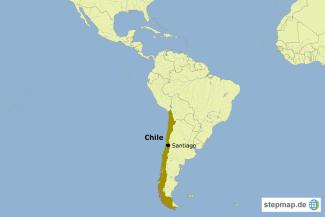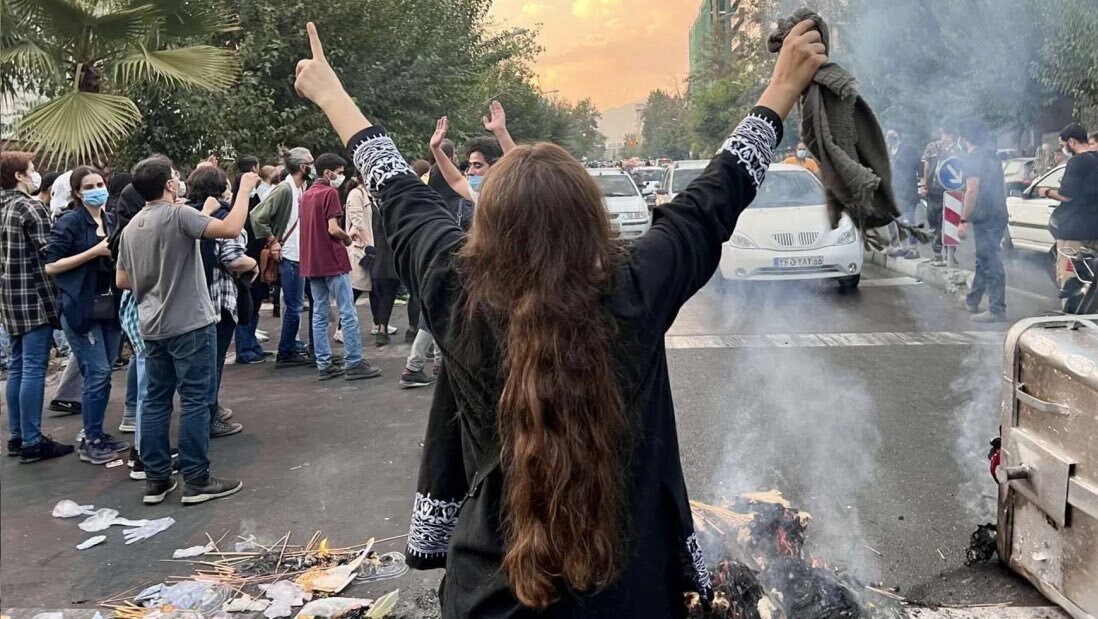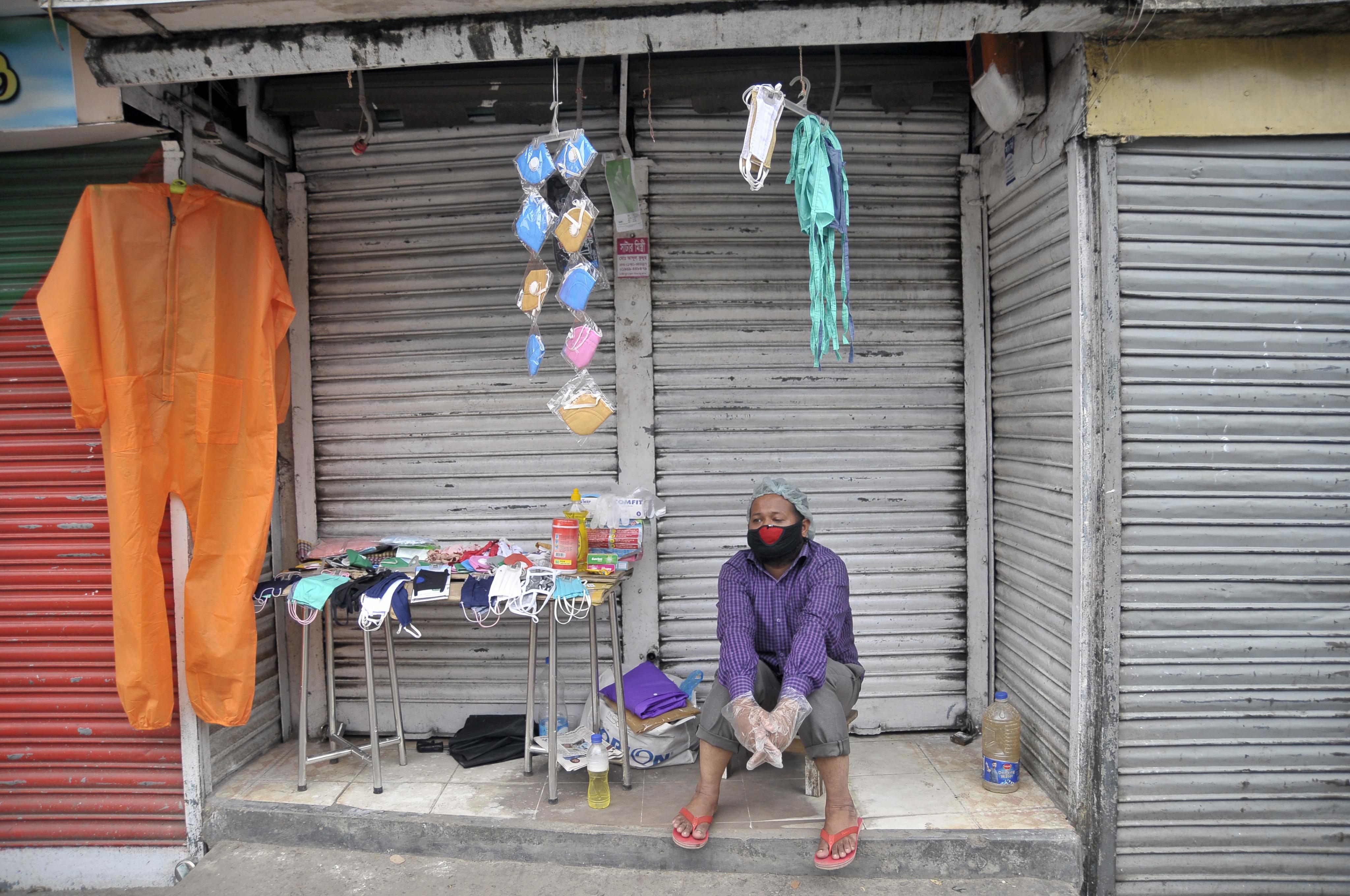Pollution
Breathing poison

Emergency measures included shutting down more than 900 businesses temporarily and banning about 40 percent of the capital’s 1.7 million cars from roads.
Smog is nothing new in Chile, and it does not only haunt Santiago. Many cities are in narrow valleys that limit air. The situation is deteriorating however.
A few years back, a terrible fact became known. In 2011, 10 million people of a total population of 17 million were exposed to fine dust particulates way above the permitted limit. These tiny particles can travel through the respiratory tract into the lungs, causing coughing, sneezing and shortness of breath. Long-term exposure to such fine particulates is linked to higher rates of chronic bronchitis, reduced lung functions, increased risk of heart attacks and other diseases.
The official figures only confirmed a reality which is all too well known to many Chilean families. Winter after winter, they face the dilemma of needing both heating and air. Chile is one of the most southern countries on earth, which means the winters are cold. Some parts of the country are permanently cold.
According to the Ministry of Environment, air pollution is partly caused by people who use moist, green firewood for heating. Along with car exhaust fumes and industrial pollution, this practice causes the toxic clouds hanging over Chile’s cities.
There is a social dimension to the issue. Houses tend to be poorly insulated, and people have no money to improve the buildings. Marcelo Mena, who is in charge of air quality at the Ministry of Environment, says that many inhabitants of Chile’s icy south “heat with green firewood – which is not fit for burning and pollutes the air – because it is simply the cheapest.”
Architect Óscar Carrillo agrees. He is a member of a civil-society organisation, the cooperative Manzana Verde in the Biobío region which specialises in sustainable construction and other issues. According to Carrillo, it is “very urgent” to improve heating systems short term. “Long-term, we need urban development which avoids building in areas where pollution accumulates.” Re-forestation would also help to clean the air, he adds.
Deputy Minister Mena claims that 75 municipalities have been declared to be “saturated zones”. That means that they surpass the limit of air pollution often and progressively. Plans for rigorous decontamination apply in these cases. However, six out of 10 Chileans live in the emergency areas. They are breathing poisonous air. The risks include reduced lung function, higher probability for contracting infections, cancer and early death.
Javier Cisterna Figueroa is a journalist and lives in Concepción, Chile.
cisternafigueroa@gmail.com
Links:
Cooperative “Manzana Verde”:
http://manzanaverde.org/














